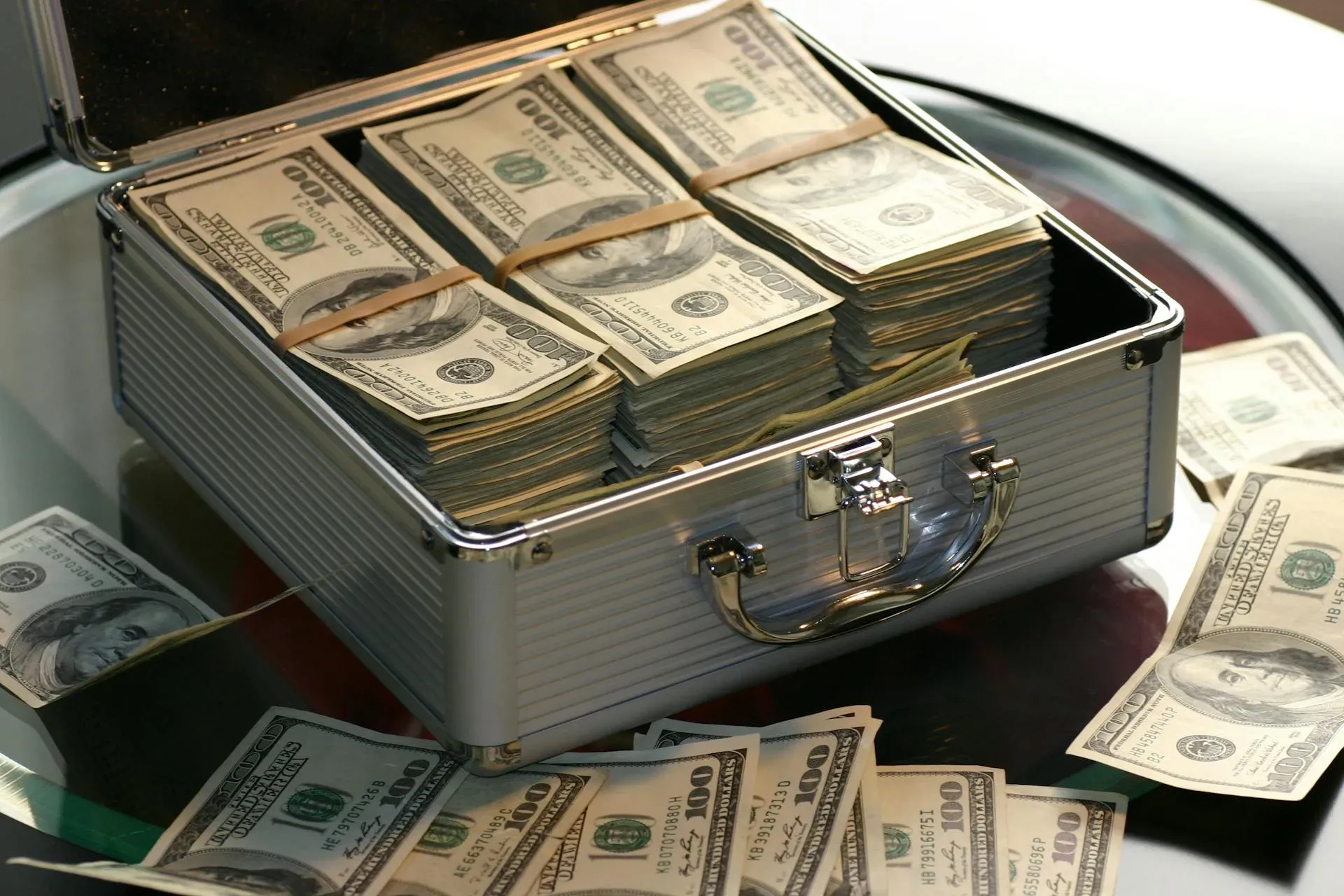Bit of a background you can skip : In his book, Surely You Are Joking Feynman, physicist Richard Feynman writes how he was impressed with Hans Bethe when he quickly calculated the square of 48 in his head, while they were heading to get a calculator. He then shares the trick.
For numbers near 50
Let's calculate the square of 47, which is 3 smaller than 50. For that, we will need four things:
- We first need to memorise the square of 50, which is \(2500\)
- Then we need to calculate the difference multiplied by 100, in our case, \(3\times100 = 300\)
- Then we subtract this \(300\) from 2500, which gives us \(2200\)
- Then we add the square of the difference \(3^2 = 9\) with this 2200, giving us our answer, i.e. \(2200+9 =2209\)
You might have noticed how this works. We are using the basic algebra formula for squaring the difference of two variables. \((x-y)^2 = x^2 - 2xy + y^2\)
In our case, \(x=50\) and \(y=3\), so this formula gives us:$$\begin{align}(50-3)^2&= 50^2 - 2\times50\times3 + 3^2 \\&= 2500 -100\times3 + 9 \\&= 2209\end{align}$$
In this way, we can just say that the square of 46 is 2116, because \(2500-4\times100 + 16 = 2116\).
For numbers slightly greater than 50, let's say 55, we just have to add everything instead of subtracting. So, the square of 55 would be \(2500+500+25 = 3025\).
For numbers near 100
Okay, let's take 106, which is 6 more than 100. For that our formula gives: $$\begin{align}(x + y)^2 &= x^2 + 2xy + y^2 \\x &= 100, \quad y=6 \\\\(100 + 6)^2 &= 100^2 + 2 \times 100 \times 6 + 6^2 \\&=10000 + 12\times100 +36 \\&= 10000 + 1200 +36 \\&= 11236\end{align}$$
Thus, we can generalize. We memorise the square of 100 which is 10000, and then we add (or subtract) the double of the difference times 100, and then at last add the square of the difference.
So, the square of 92 would be: $$\begin{align}(100-8)^2&= 100^2 -2\times8\times100 +8^2 \\&= 10000 -1600+64\\&= 8400 +64\\&=8464\end{align}$$
For numbers near 150
The square of 150 is 22500, and then multiply the difference with 300, and then add (or subtract), and then last add the square of the difference.
For 158, it would be: $$\begin{align}(150+8)^2&=150^2 + 2\times150\times8 +8^2 \\&= 22500 + 300\times8 + 64 \\&= 22500 +2400 +64 \\&= 24900 +64 \\&= 24964\end{align}$$
I know it doesn't look like a trick anymore. But let's do it one last time.
For numbers near 200
Take for example 196: $$\begin{align}(200-4)^2&=200^2 -2\times4\times200 +4^2 \\&= 40000 - 400\times4 + 16 \\&= 40000 -1600 +16 \\&= 38400 + 16 \\&=38416\end{align}$$
Yep, it has ceased being a trick. But maybe with practice, it won't be this hard.







